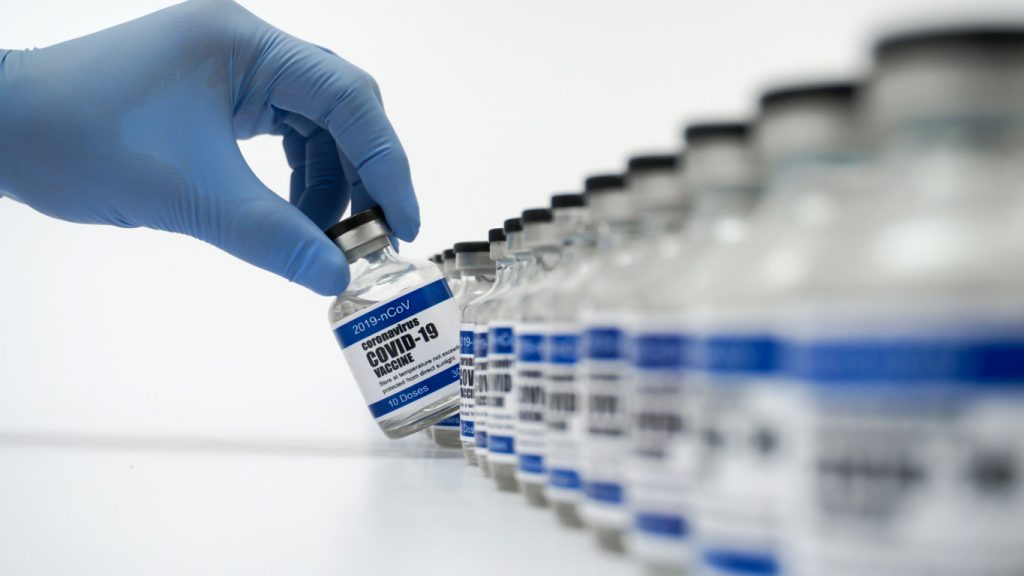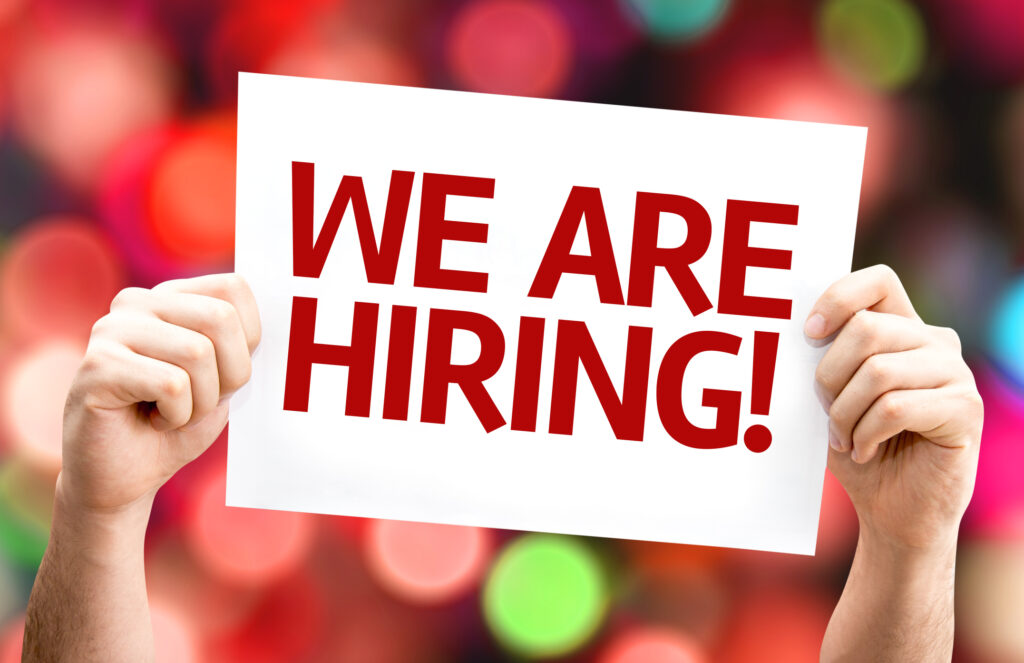The Great Vaccine Debate
There has been one main topic of conversation this week – vaccines.
The approval of the first of several Covid-19 vaccines has brought hope of a return to normality and reunions with family and friends. But it has also caused a huge amount of debate, as anti-vaxxers voice their concerns.
The topic has become almost as emotive and divisive as Brexit and politics – with both sides labelling the other as idiots (to put it politely). Of course, everyone is entitled to their opinion and choice over whether to have the vaccine themselves but, as with so many of the things that have been asked of us during the pandemic, this is not just about ‘you’.
Vaccines can only be effective if enough people take them and a recent study published in The Lancet found that declining confidence in vaccines has led to “surges” in cases of vaccine-preventable diseases such as measles. In fact, the World Health Organisation (WHO) has named vaccine hesitancy as one of the top ten threats to global health.
Unfortunately, the vaccine debate and the reluctance of many to be vaccinated, appears to be driven by the misinformation and a lack of understanding about drug development that is circulating wildly on social media.
Many are looking to marketers to come up with a campaign to persuade enough people to be vaccinated in order for everyone to reclaim a bit of normality. One suggested route is for the NHS to enlist ‘sensible’ and influential celebrities and public figures – Good Morning Britain regular Dr Hilary Jones, the Duchess of Cambridge and everyone’s favourite Manchester United player Marcus Rashford – to lead by example and persuade us.
This undoubtedly makes more sense than rolling out politicians after an Ipsos Mori poll found that they were among the least trusted when it comes to informing the public about Covid-19 vaccines. Those most trusted to tell the truth about the vaccines were, rightly, nurses, doctors and scientists.
So, perhaps rather than using celebs or other expensive marketing campaigns, we should all just be more choosey about where we get our facts from? Read and engage with proper, journalist-led, well researched media channels that report the thoughts and knowledge of scientists ad healthcare professionals, rather than listening to some bloke on Facebook that you haven’t seen for 20 years.
Listen to the experts and ask yourself what is important. It is your decision, but it could affect a lot of others.

Covid-19 Corona Virus 2019-ncov vaccine vials medicine drug bottles syringe injection blue nitrile surgical gloves. Vaccination, immunization, treatment to cure Covid 19 Corona Virus infection Concept





